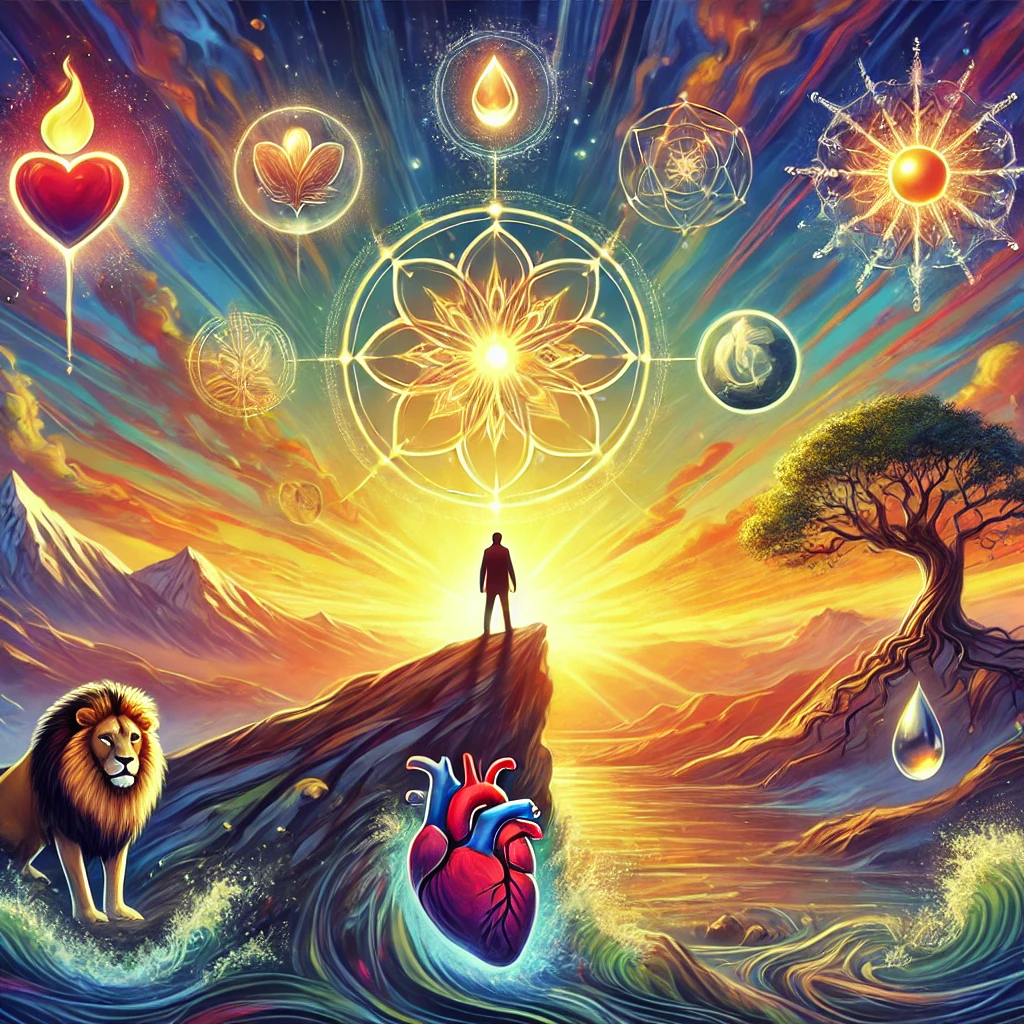Change is hard, change is uncomfortable..
It is very common for leaders to get defensive and reactive when spoken to, about the need for change in their way of working. The most repeated expression is, ‘Why must I change, its working well for me!’
A few leaders reluctantly make up their minds to change but do it while maintaining the comfort of the status quo. They start by changing processes, practices, methods for a few teams, get people trained on the processes too. However, changing on the surface level alone doesn’t bring in the alignment and the mindset that’s required for the intended change to occur.
We have enough and more stories from leaders and companies in the past who did not fully understand the paradoxes, complexity and nature of the VUCA world and failed, like Nokia, Kodak, Xerox, Ford, P&G to name a few.
The ‘leaders for today’ have to lead differently and need to embrace the complexity, and even chaos, at times, with a more proactive approach rather than a reactive one, to shape the future they would like to be part of.

Source: Ralph Stacey
What kind of problems are we facing as leaders?
Organisation theory suggests there are three types of problems – tame, critical and wicked.
• Tame problems fall mostly in the simple, and some in the complicated domain on the Stacey’s Matrix, they have set procedures to follow, closer to certainty than not, and can be solved by managers who are the experts, the heroes and the saviours.
• Critical problems fall in the chaotic domain of the Stacey’s Matrix. Things are not in control and these are emergencies and requires commanders to make quick decisions and take actions.
• Wicked problems are tricky, they are forever-changing, they fall in the complex domain of the Stacey’s Matrix. We don’t know what we don’t know and how to go about it. It’s far from agreement and certainty. It is like the pandemic – covid, new variants, new complications, new paradigms, too many variables. This situation needs a ‘leadership’ that probes, experiments and knows that it cannot be solved heroically, and there is a need for a system of diverse perspectives, skills, competencies – the whole team, the whole nation, even the whole world to navigate through the challenge.
The problem is, most often we emphasize so much on finding the right tools, templates, approaches to fit the right problem, we fail to connect the dots using the system, time and the situational-social dynamics at play. The ‘leader for today’ needs to be a situational leader, being all the three – leader, manager and commander to tackle wicked problems.
Wicked problems are complex with no clear relationship between cause and effect and often intractable – Keith Grint
Wicked problems are paradoxical in nature, you feel like only one of these is possible, either this or that because they are opposing in nature. They create conflict, complexity and uncertainty. It calls for leaders to be comfortable with the contradictions and complexities of the paradoxes and let go off the ‘either/or’ thinking and accept both using the ‘AND’ mindset, think creatively to integrate both aspects in order to achieve the intended business outcomes.
What are some examples of wicked problems or paradoxical challenges?
Should I focus on quantity OR quality – There is huge focus on more with less today. We are pressured to cut costs, resources, time and energy but produce results of high quality. Achieving more with less is a crucial need. Is that even possible without burning people out? Can we leverage technology to handle certain aspects of quality and quantity?
Should I focus on speed OR value – There is a need to be faster than ever, as the pace of change is getting even more faster today. We are all victims of information overload. Achieving less valuable work with speed means compromising on the need of the customer, it is a waste of time, resources and talent. But delivering high value work late in the game is no longer useful as we have lost the market opportunity by then. Can we then deliver value in increments, in an iterative manner to keep up with the market?
Should I focus on now OR later? What we build now will matter later – Research has shown time and again that organisations that have focused on creating a purpose driven, learning culture thrived during the pandemic. It kept them ready to accept and adapt changes. The right culture, a capable leadership collective and trust in leadership provides the direction in managing crisis.
As leaders, are we developing our people for the challenges of today or preparing them for tomorrow’s challenges? Should we be then preparing them to see the bigger purpose and be able to connect the systems in and around us, in a way that caters to the ‘now’ AND prepare for ‘later’ challenges? Every organisation’s culture and context differs and there is no silver bullet answer. So then, are we ready to experiment and integrate?
How many of us leaders really have the ability to stop and think, be curious and have the courage to challenge our assumptions, and be able to co-creatively, collaboratively adapt to the changing environment with our teams?
Should I have all the answers OR not?
We have all grown to be in high positions today as we have been successful in our previous roles as experts, and because we have been successful in achieving business results even in difficult conditions. But as we deal with the complexity of the VUCA world, will we continue to have all the answers? We have moved high up in the value chain and rely on people ‘on the ground’ for most of the answers and decision making.
As leaders, are we comfortable with not knowing it all? Are we still trying to be the ‘experts’? It is now, more than ever for leaders to be okay with ambiguity, uncertainty and shed the cape ‘expert’ and grow the real experts and the achievers by giving them an environment to thrive. Is it time to focus ON the system, build great relationships AND support experts and achievers who are working IN the system?
We need to become catalysts for change and build a mindset that embraces humility to say, ‘I don’t have all the answers’, the compassion to understand the other person’s perspective and need, and the human centricity to allow others to grow and thrive.
I like to call the ‘leader for today’ as a ROCK. The leader who is human centric and who focuses on Relationships AND Results, Outcomes AND Outputs, Collaboration AND Co-Creation & Kapabilities AND Kapacities for the future, while investing in the wellbeing of human assets and in self-transformation, through awareness, reflective action and practice.
In summary, ROCK leaders navigate through the paradoxical challenges with an AND mindset and integrate aspects of both worlds to make effective decisions.
Change is hard, change is uncomfortable AND yet, leaders decide the way forward.






